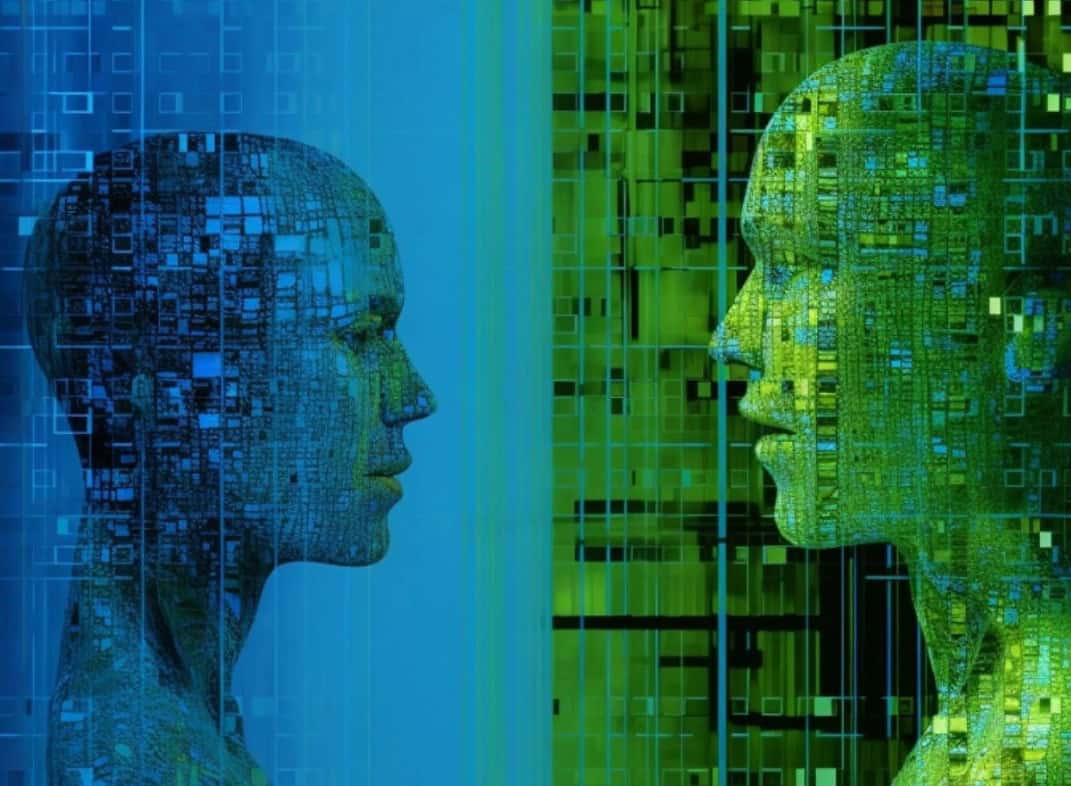Earlier this week, OpenAI announced that ChatGPT would be integrating web browsing capabilities for ChatGPT Plus and Enterprise users. With the new plugin, the chatbot can search Bing and provide the user with a summary of the result and a link to the source.
This latest update means that ChatGPT is no longer limited to training data taken before September 2021 and can provide users with the latest information on current events, news, and research.
ChatGPT Plus and Enterprise users can enable the solution by going to Profile & Settings, selecting Beta features, and choosing Browse with Bing under the GPT-4 option.
The announcement comes just months after OpenAI introduced web browsing as part of its ChatGPT Plus plan but had to withdraw due to concerns about users navigating around paywalls.
It also comes just days after OpenAI enabled multimodal voice and image support for ChatGPT.
The Good and the Bad News
At a glance, OpenAI’s decision to connect ChatGPT to the internet gives users access to more up-to-date information when they use the solution.
This undeniably places the AI giant in a stronger position to rival its close competitors, such as Google Bard, who have leveraged their capacity to search the Internet and provide real-time responses as a key distinguishing feature from ChatGPT.
However, restricting web browsing to Plus and Enterprise users significantly limits the plugin’s accessibility. When factoring in the $20 per month cost for a Plus subscription, in contrast to the free availability of Bard and Bing Chat, this pricing appears notably steep.
Although OpenAI plans to expand web browsing to all users in the future, it hasn’t stated when this will take place.
It’s worth noting that users also need to opt into enabling their chat history to use the plugin. This means they need to agree to share their browsing data with OpenAI, opening the door to new concerns over privacy and data leakage.
Inconsistent Performance
Unfortunately, it’s not just availability and privacy that have emerged as issues with the browsing plugin. Since the release, a number of users have reported problems with ChatGPT’s ability to search the web.
For instance, in a Twitter post, Jeremy Howard, co-founder of FastDot AI, said: “ChatGPT Web Browsing kept telling me it didn’t know stuff, without bothering to search at all! And then when it did search, it claimed to not find anything.”
Other users have shared similar frustrations. For instance, another user, Sully Omar, co-founder and CEO of Cognosys, shared an example of ChatGPT failing to list the top 5 waterproof shoes “due to restrictions on accessing certain web pages.”
While it’s difficult to attribute these individual performance issues to a single cause, it’s important to note that ChatGPT’s search capabilities are limited. This limitation arises from the fact that many of the most popular websites have chosen to block OpenAI’s web crawler, GPTBot, from accessing their content due to copyright concerns.
Currently, 25% of the top 1,000 websites have blocked GPTBot, including large publishers like the New York Times, The Guardian, CNN.com, USAToday, Business Insider, Reuters, WashingtonPost, NPR, CBS, NBC, Bloomberg, CNBC, and ESPN.
At the same time, connecting ChatGPT to the Internet cannot address the underlying tendency that large language models (LLMs) have to hallucinate information and generate incorrect facts and figures.
Other Issues: Copyright Infringement
With ChatGPT now officially connected to the Internet, substantial concerns have arisen regarding the content OpenAI is scraping from the web. Questions have emerged about whether this scraping includes personal data, copyrighted materials, or intellectual property from third-party websites.
One of the key challenges is that OpenAI’s black box approach to AI development provides consumers and organizations with no transparency over what data ChatGPT is trained on.
This means there’s no way for the general public to tell whether protected data categories like personally identifiable information (PII) or IP have entered the provider’s training data.
Although websites have the option to opt out of having their data scraped by GPTBot, they still have to take action to do so.
That being said, this isn’t a challenge that’s unique to OpenAI. Other providers like Google have also taken the approach of enabling websites to opt out of training Bard and future AI models.
The Bottom Line
Connecting ChatGPT to the Internet unlocks some exciting new capabilities for Plus and Enterprise users, but it’s still rough around the edges.
The high number of sites blocking GPTBot is severely limiting ChatGPT’s web browsing potential, and this is unlikely to change for the foreseeable future so long as concerns over AI models processing copyrighted material and IP continue to persist.

